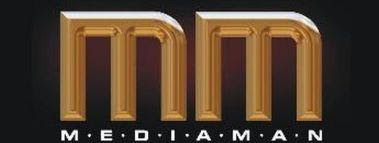WASHINGTON — The Treasury Department and the Federal Reserve are giving U.S. financial institutions an additional six months to comply with regulations designed to ban Internet gambling.
The two agencies said Friday that the new rules, which were to take effect on Dec. 1, would be delayed until June 1 of next year.
A key Democratic opponent of the ban on online gambling praised the action and said it would give Congress time to overturn a law passed in 2006 when Republicans controlled Congress.
The delayed rules would curb online gambling by prohibiting financial institutions from accepting payments from credit cards, checks or electronic fund transfers to settle online wagers.
The financial industry complained that the new rules would be difficult to enforce because they did not offer a clear definition of what constitutes Internet gambling. They had sought a 12-month delay in implementing provisions of the Unlawful Internet Gambling Enforcement Act that Congress had passed in 2006.
The Bush administration issued regulations to enforce the law in November 2008 and had set Dec. 1, 2009, as the date financial institutions would have to begin complying.
However, in a joint notice Friday, Treasury and the Fed said that several members of Congress had sought a delay, arguing that there was considerable support for new legislation to clarify the current laws.
The two agencies said groups seeking a delay had provided sufficient reasons to justify a limited six-month postponement of the rules. Financial organizations including the American Bankers Association had sent the agencies letters supporting a petition filed by gambling industry associations seeking a delay.
House Financial Services Committee Chairman Barney Frank, D-Mass., praised Friday's announcement. He is sponsoring legislation that would roll back the 2006 law that bans financial institutions from handling transactions made to and from Internet gambling sites.
"This will give us a chance to act in an unhurried manner on my legislation to undo this regulatory excess by the Bush administration and to undo this ill-advised law," Frank said in a statement.
Frank's legislation would allow the Treasury Department to license and regulate online gambling companies that service American customers. Frank argues that online gambling should be legal as a matter of personal liberty and that the federal government could collect increased tax revenues if Internet gambling is regulated.
In September, a U.S. appeals court in Philadelphia upheld the 2006 law, rejecting a challenge from an association of offshore bookies that the federal prohibition was too vague and violated privacy rights.
U.S. bettors have been estimated to supply at least half the revenue of the $16 billion Internet gambling industry, which is largely hosted overseas.
Media Man Profiles
Politics
